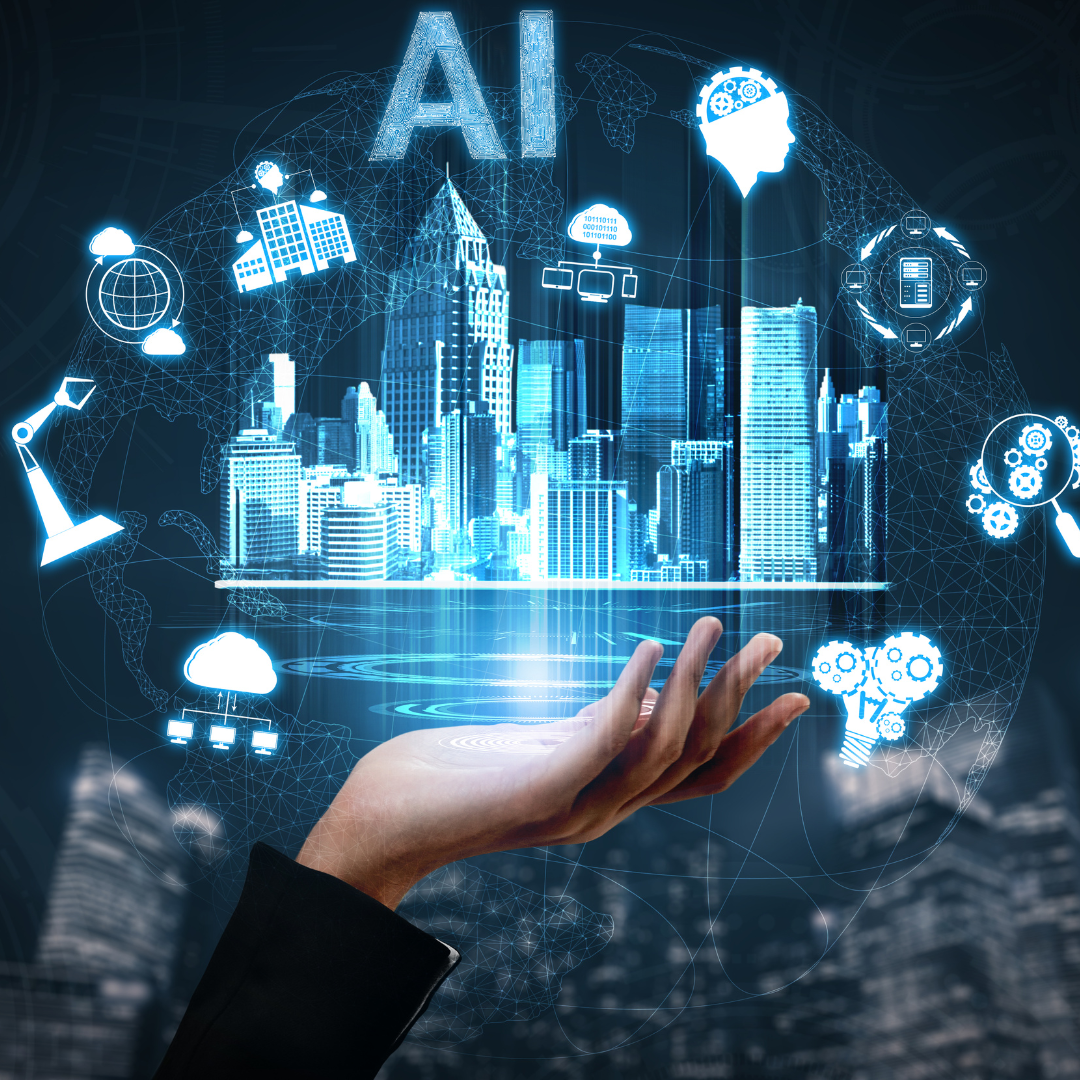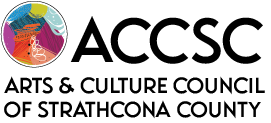OK, I’ll admit it. I’ve been curious about AI - artificial intelligence - for a while now thanks to all the buzz in recent times about how it’s going to revolutionize our daily lives (and beyond).
Apart from the many philosophical meanderings I’ve read, much hype has been around chatGPT, available at openai.com. The publicly available ai content generator So, somewhat apprehensively, I signed on to their site - it’s free - and played around for a bit.
been around chatGPT, available at openai.com. The publicly available ai content generator So, somewhat apprehensively, I signed on to their site - it’s free - and played around for a bit.
It’s incredibly easy to use and considering we’re only at the earliest stages of this “technology,” the results were quite amazing, scary, addictive, frightening, compulsive and more.
I asked “it” some research questions, some “how to” questions and even had it compose a love poem. It was fun, along with all the adjectives I’ve just used in the previous paragraph!
I had also previously read articles about how ai had been used to create artwork and compose music, which started me thinking about the incredible impact that ai will have on our culture.
So, of course, I typed into its query box “the impact of ai on culture.”
Here’s what I got back literally seconds later.
.png)
“Artificial intelligence (AI) is having a significant impact on culture in many ways. Here are some of the ways in which AI is affecting culture:
1. Creation of new forms of art: AI is being used to create new forms of art, including music, paintings, and sculptures. These works of art are often created using algorithms that analyze data sets to produce unique and creative pieces.
2. Cultural preservation: AI is being used to preserve cultural artifacts and historical sites. For example, AI is being used to digitally restore and preserve ancient artifacts, such as the ruins of Pompeii.
3. Changes in the workplace: AI is transforming the workplace, including cultural institutions such as museums and libraries. For example, AI is being used to automate tasks such as cataloging and digitizing collections, freeing up staff time for other tasks.
.png) 4. Impact on language and communication: AI is being used to create more natural and intuitive communication systems, such as voice assistants and chatbots. This is changing the way people interact with technology and each other.
4. Impact on language and communication: AI is being used to create more natural and intuitive communication systems, such as voice assistants and chatbots. This is changing the way people interact with technology and each other.
5. Impact on media and entertainment: AI is changing the way media and entertainment are produced and consumed. For example, AI is being used to personalize recommendations for TV shows, movies, and music based on an individual's preferences.
6. Ethical and social implications: As AI becomes more prevalent in culture, there are ethical and social implications to consider. These include issues related to privacy, bias, and job displacement.
Overall, the impact of AI on culture is significant and will continue to shape the way we live, work, and create.”
As I said, this took maybe a couple of seconds to download in response to my query. Is it perfect? Well perhaps not, and I could have definitely refined my query to gain a more specific and articulate response. Nevertheless, the result was pretty impressive. You be the judge….and we’ve only just begun, so think about what the years ahead hold in store!
Written by: chatGTP and Martin Povey

